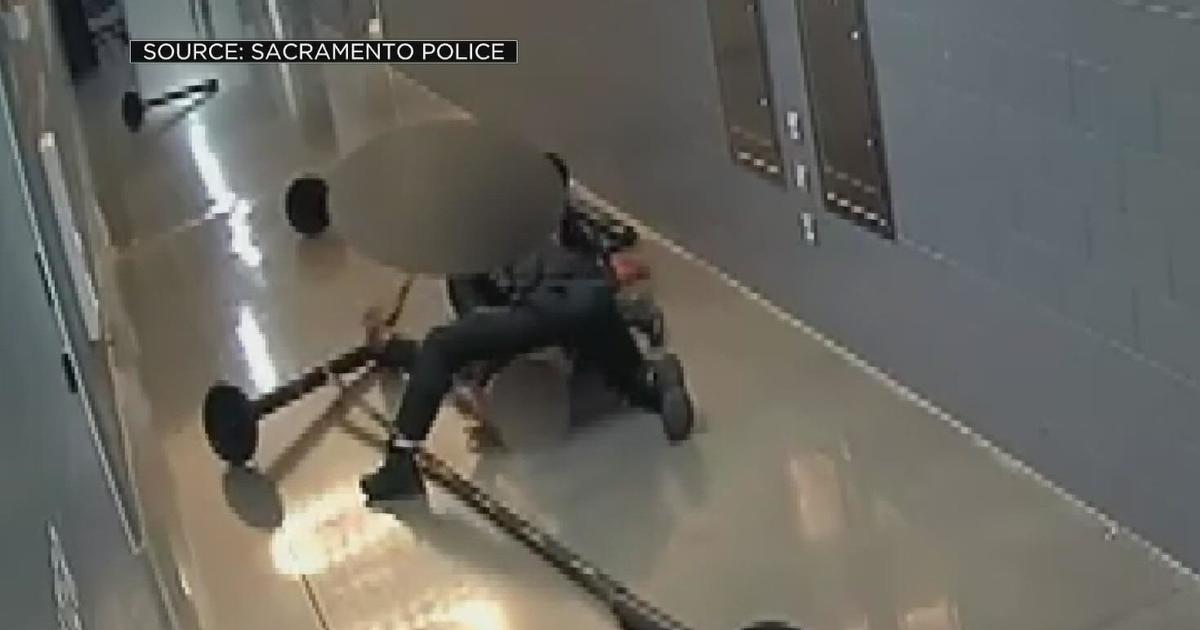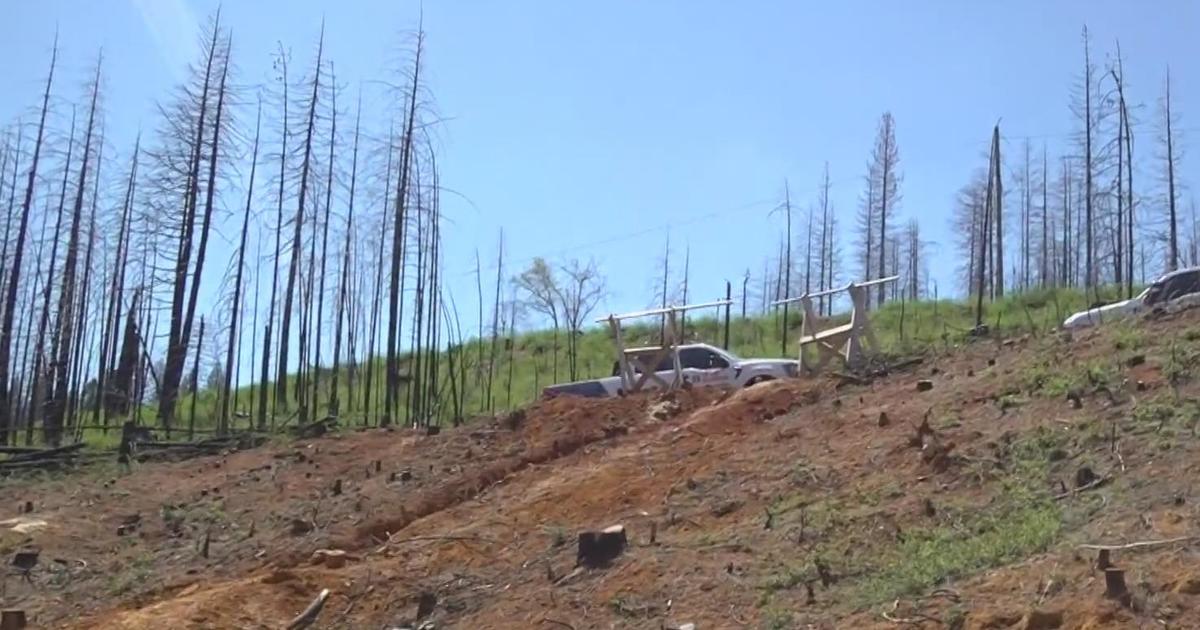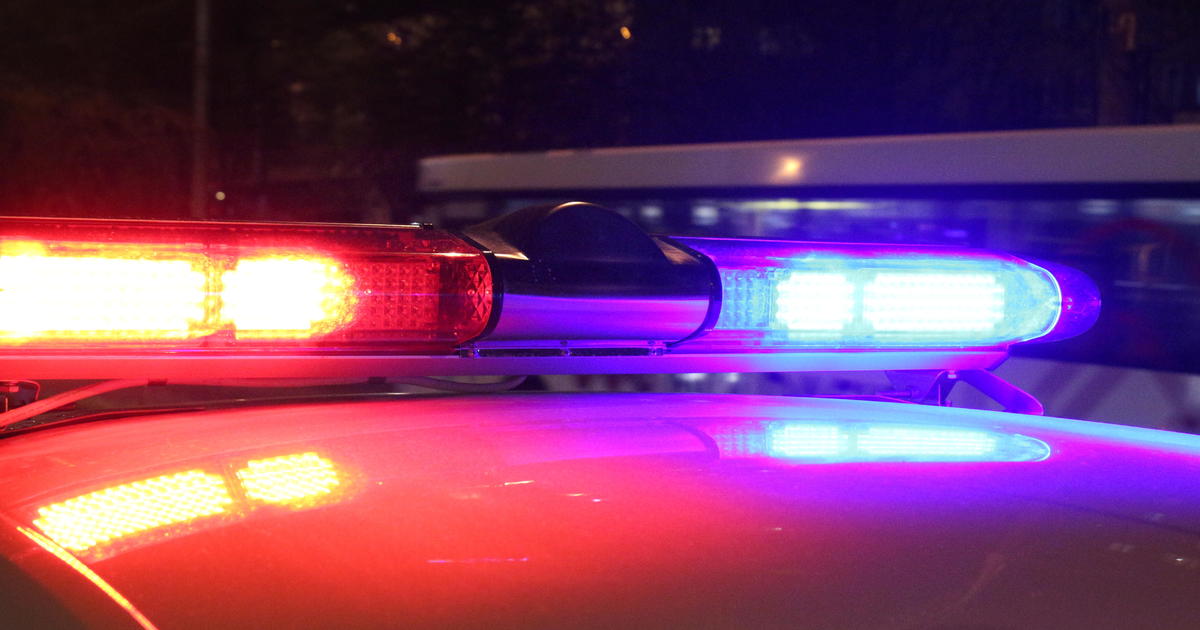A Look At The Reason For Protesting: 'It's A Pain Unimaginable'
SACRAMENTO (CBS13) -- As protests continue throughout the nation and right here in our own city, you might wonder what got us to this point.
To understand the pain, you have to know the history. What you will find is that current protests are more than just about George Floyd. While people throughout the country mourn his death, those right here in our community say these protests are a symbol of their pain and a cry for change.
"It's a pain unimaginable ... what this is to us is a public lynching," said Betty Williams, President of Greater Sacramento NAACP. "We are looking at the face of my son, my possible brother, my father, my uncle, and that is what the African American is reflecting on."
As tens of thousands of people gather around the chanting George Floyd's name, Willaims said they also marching for every unarmed black person who has died at the hands of police.
"It is more of a system issue that angers us. That the system is still broken and hasn't been fixed," she said.
Sacramento's NAACP chapter is calling for peaceful protest with a direct message to lawmakers.
"Change the way we do things so at the very least we can save a life- another black mans life, because that is who is dying right now," she said.
If you don't understand the pain and the struggle, activists like Tanya Faison - founder of Black Lives Matter Sacramento - asks that you listen.
"We are tired of seeing people that look like us get killed and nothing happens, but people are up in arms over buildings. Our lives are more important than those buildings," she said.
There was a similar plea in 2018 when Stephon Clark was shot and killed by police. After protest from his death, SB 1421 was passed that required law enforcement to release use-of-force records.
"Those are the tiny changes when we move mountains. I think we are going to continue seeing tiny changes if we keep pushing," said Faison.
Protest and demands for change are not new. Nearly six years ago, protests erupted after 18-year-old Michael Brown was shot and killed by St. Louis police officer Darren Wilson. In 1992, riots rocked Los Angeles when four LAPD officers were acquitted of the brutal beating of Rodney King.
The list of injustices and examples of police brutality are long, according Sonia Lewis, founder of the Liberation Collective for Black Lives.
"The black lived experienced is filled with trauma, is filled with oppression," Lewis said. "Time and time again we see cops get off the hook for these kinds of deeds."
It's a history those who are marking do not want to see continue to be repeated.
"It's critical in this moment [to] have some empathy, have some concern for peoples' lives. At the end of the day we are human, and all we want is humanity and for 400 years we haven't gotten it," Lewis said.



